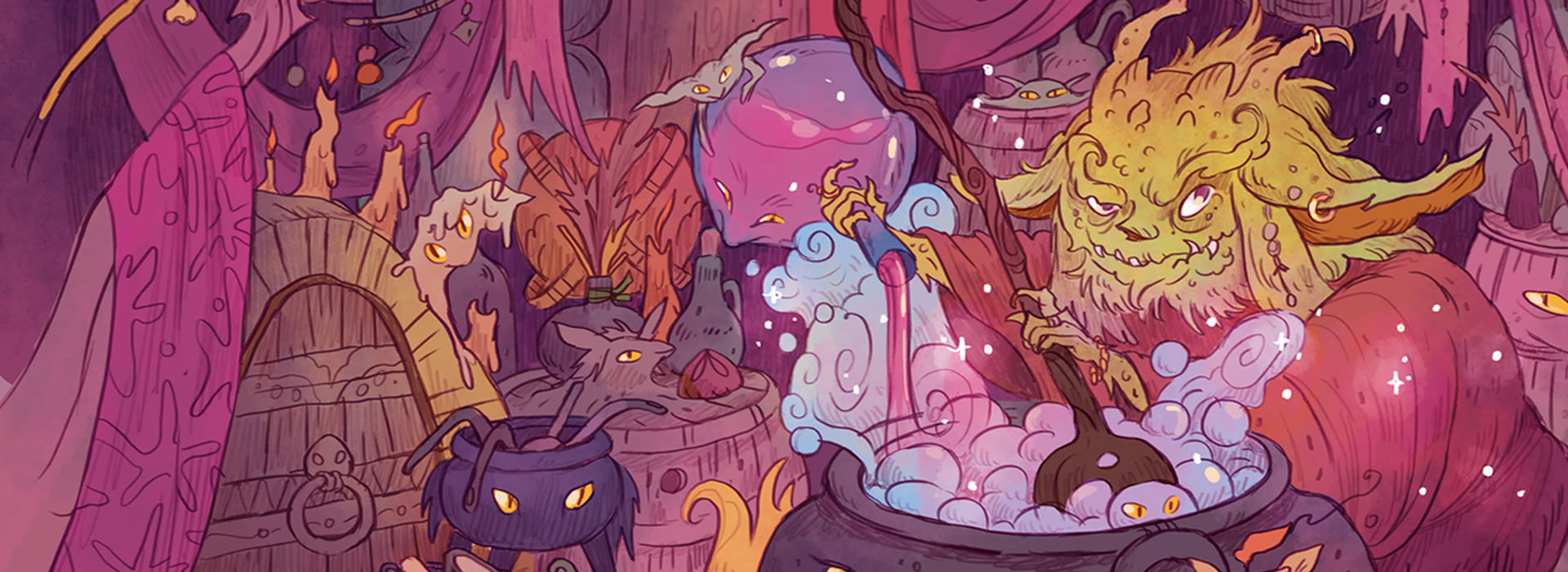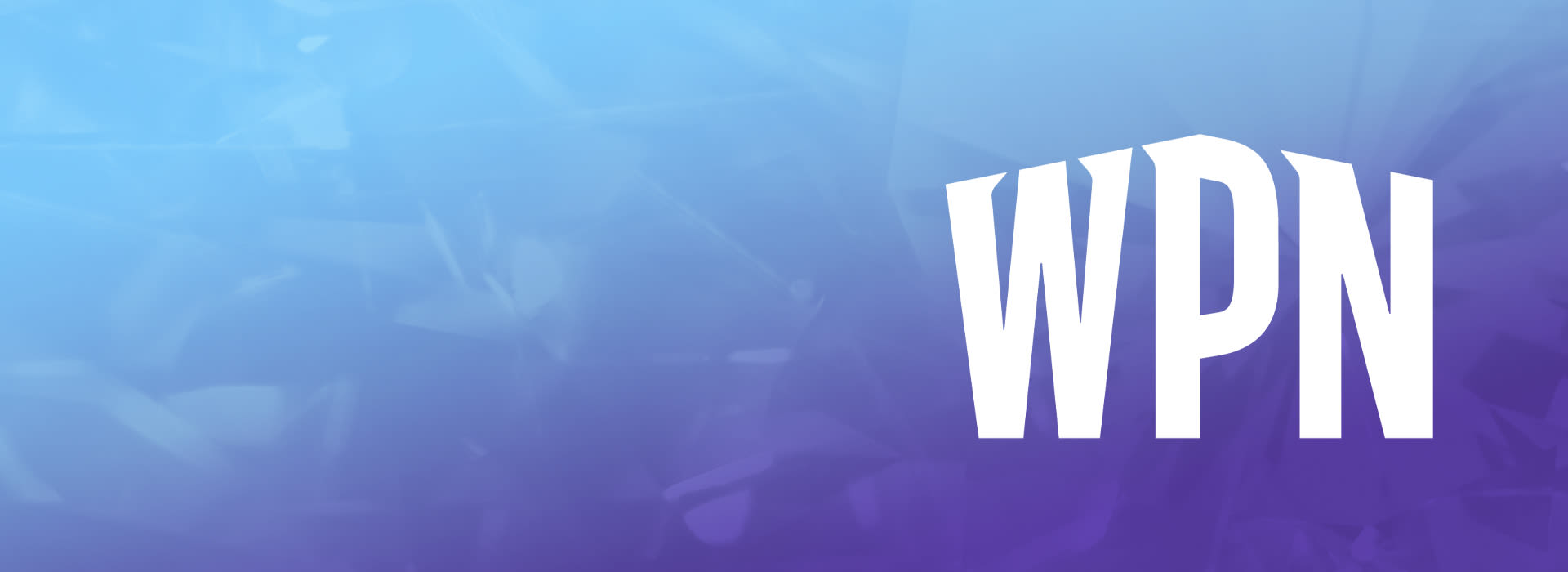
Draft Night: A Fun, Ready-to-Play Way to Grow Your Magic Community
Draft Night makes Magic drafting easier than ever with everything players need for four-player fun, and everything stores need to grow their community, engagement, and to inspire repeat play.

Draft Night: A Fun, Ready-to-Play Way to Grow Your Magic Community
Draft Night makes Magic drafting easier than ever with everything players need for four-player fun, and everything stores need to grow their community, engagement, and to inspire repeat play.

Delight Fans with New Magic: The Gathering®—FINAL FANTASY End-of-Year Release
Magic: The Gathering—FINAL FANTASY is back December 5 with must-have products and a promo-driven Commander event that fans won't want to miss.

Delight Fans with New Magic: The Gathering®—FINAL FANTASY End-of-Year Release
Magic: The Gathering—FINAL FANTASY is back December 5 with must-have products and a promo-driven Commander event that fans won't want to miss.

Magic: The Gathering® | Avatar: The Last Airbender™ Marketing Kit and Promotional Resources
Unite the elements of your marketing in perfect harmony! Explore the tools, signage, and digital assets that bring Magic: The Gathering | Avatar: The Last Airbender to life in your store.

Magic: The Gathering® | Avatar: The Last Airbender™ Marketing Kit and Promotional Resources
Unite the elements of your marketing in perfect harmony! Explore the tools, signage, and digital assets that bring Magic: The Gathering | Avatar: The Last Airbender to life in your store.

Secret Lair at WPN Stores: How Does It Work?
Secret Lair showcases a wonderfully different side of Magic: The Gathering. Here's how and why to bring it to your store.

Secret Lair at WPN Stores: How Does It Work?
Secret Lair showcases a wonderfully different side of Magic: The Gathering. Here's how and why to bring it to your store.

Magic: The Gathering® | Avatar: The Last Airbender™ – Dates, Events, and Promo Details
From Ba Sing Se to the battlefield, guide your community through an unforgettable season of Magic! Here you'll find key dates, events, and new features to help you create an exciting, elemental in-store season.

Magic: The Gathering® | Avatar: The Last Airbender™ – Dates, Events, and Promo Details
From Ba Sing Se to the battlefield, guide your community through an unforgettable season of Magic! Here you'll find key dates, events, and new features to help you create an exciting, elemental in-store season.

Magic: The Gathering® | Teenage Mutant Ninja Turtles – Dates & Details
Cowabunga! Magic: The Gathering | Teenage Mutant Ninja Turtles launches March 6, 2026, with a full season of events, including a Turtles-themed Magic Presents event, plus new products to delight fans and regular players alike!

Magic: The Gathering® | Teenage Mutant Ninja Turtles – Dates & Details
Cowabunga! Magic: The Gathering | Teenage Mutant Ninja Turtles launches March 6, 2026, with a full season of events, including a Turtles-themed Magic Presents event, plus new products to delight fans and regular players alike!
Catch Up on the Latest WPN Resources

Magic: The Gathering® | Avatar: The Last Airbender™
Discover products that let your players bend the elements.

Download Marketing Assets
Power your promotions for events and products with the latest downloadable assets.

Schedule Events Now
Players are ready to play! Visit the Events Calendar and schedule your events so they can join the fun.

Apply to Join the Wizards Play Network
Visit our support site, select your region, and submit a request to apply.

Ramp Up Your Membership. Get on the Path to WPN Premium.
WPN Premium designation is the best way to become a world-class game store. Score extra WPN membership benefits including bonus marketing materials, exclusive promos, and WPN Premium-only events.
Any WPN store can apply—and you’ll have individualized support every step of the way.


